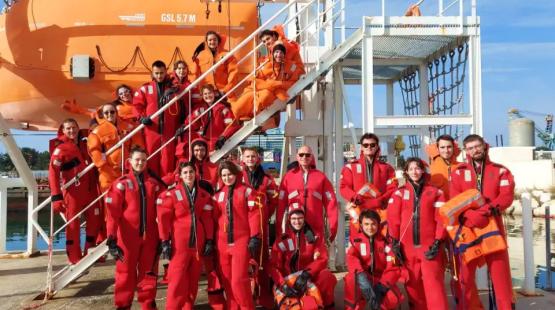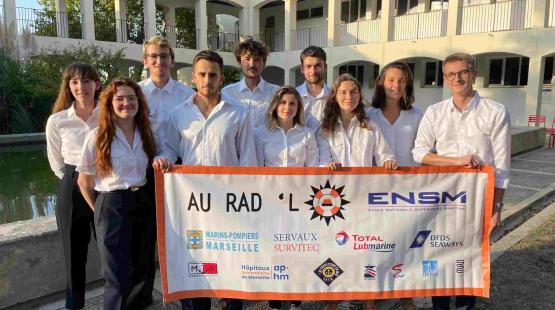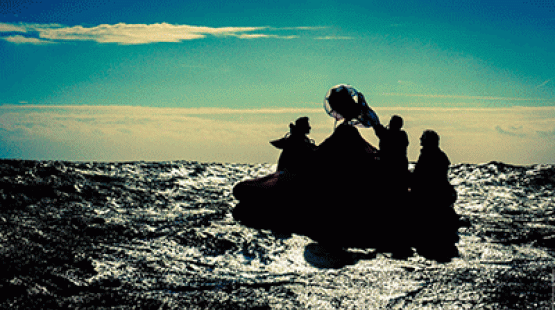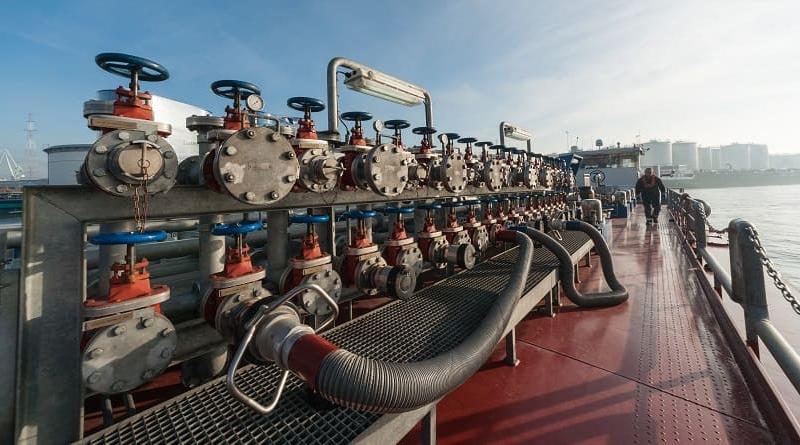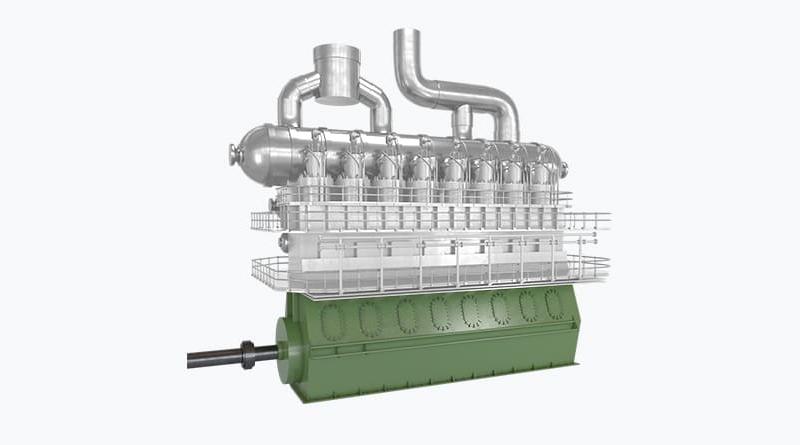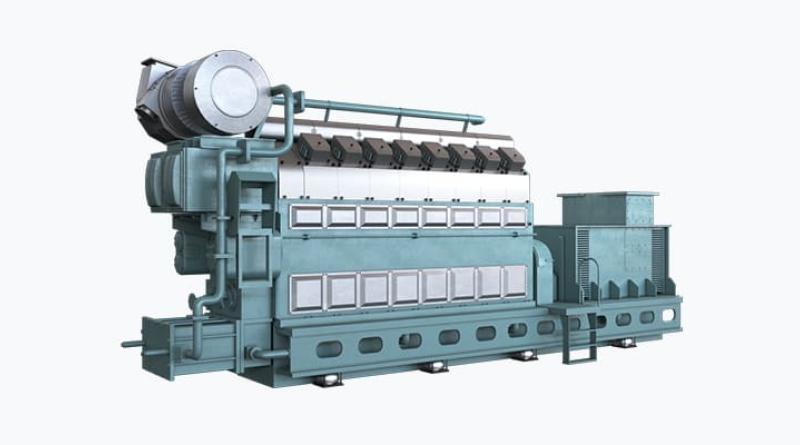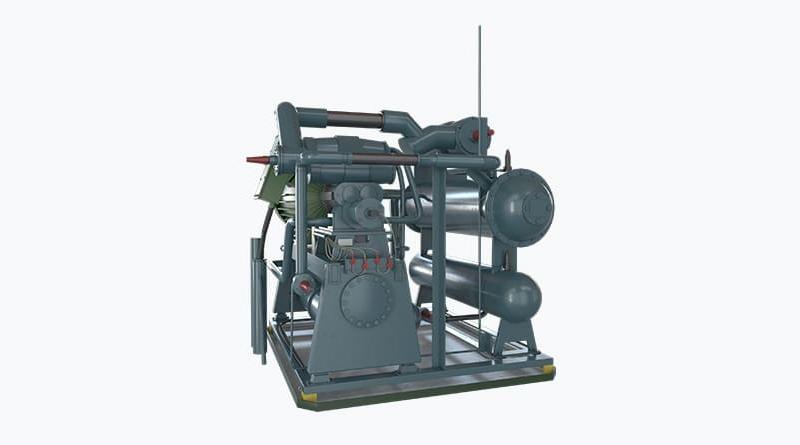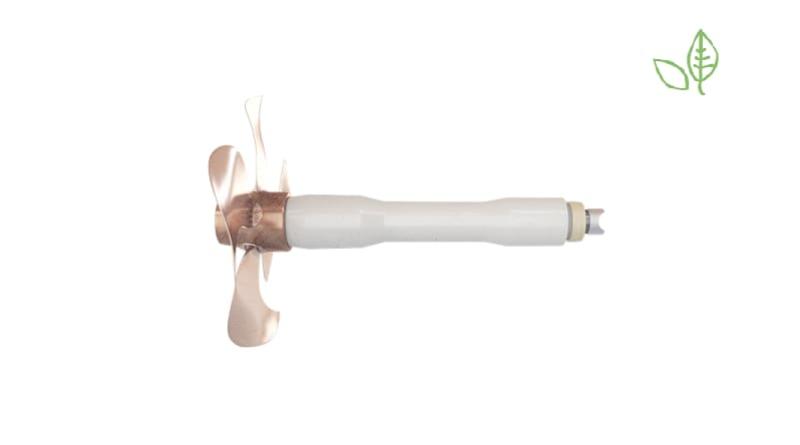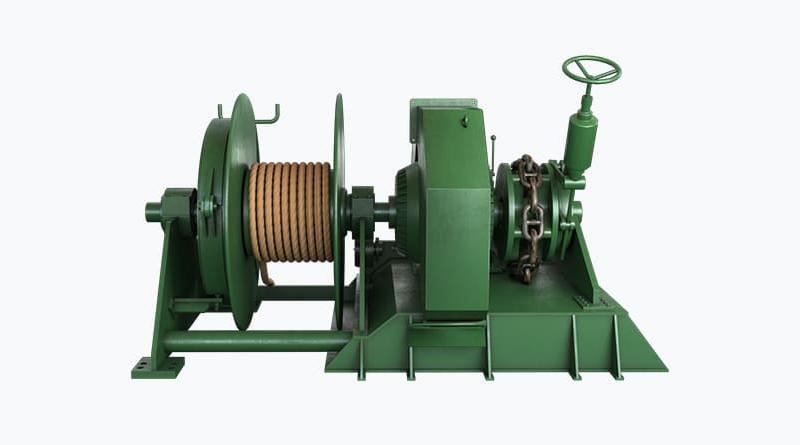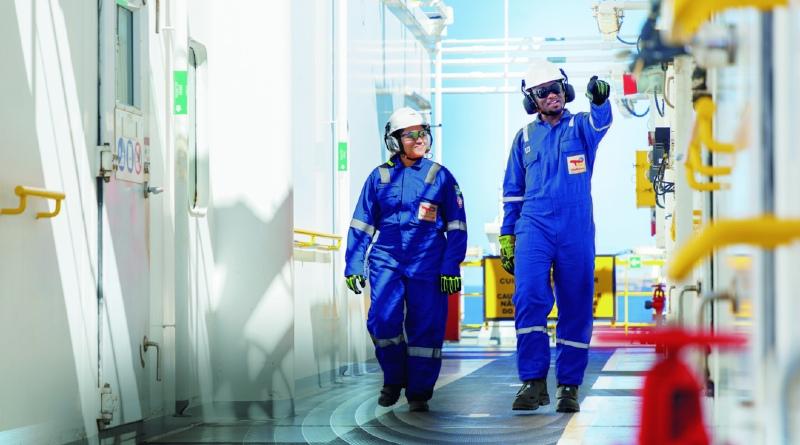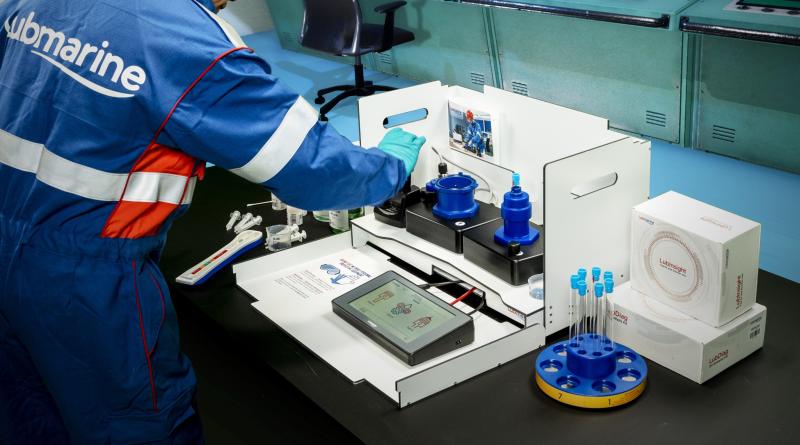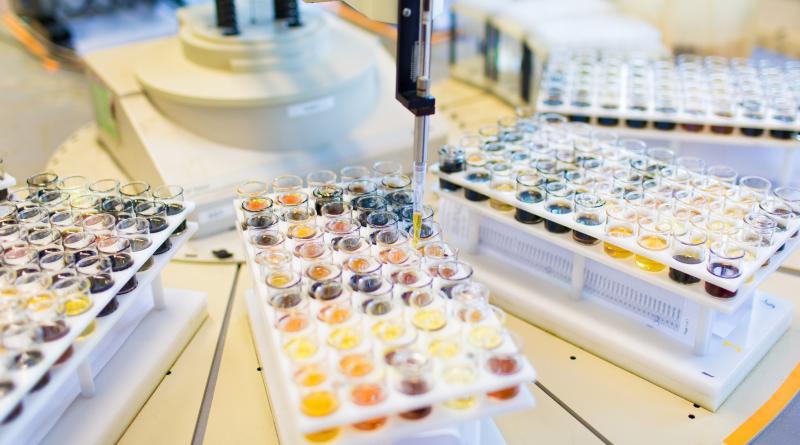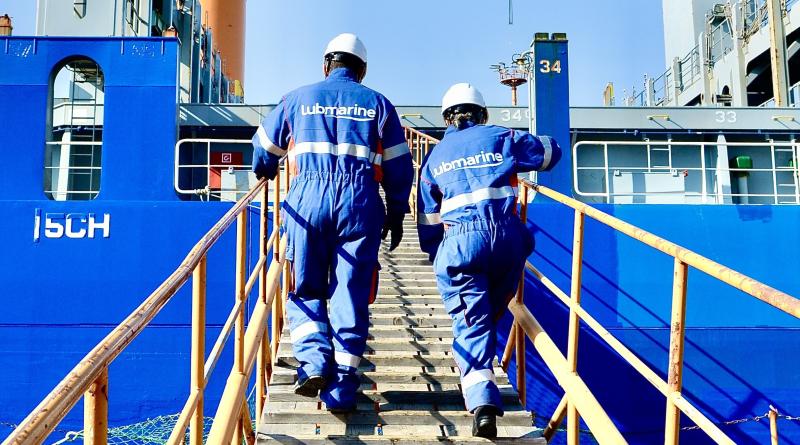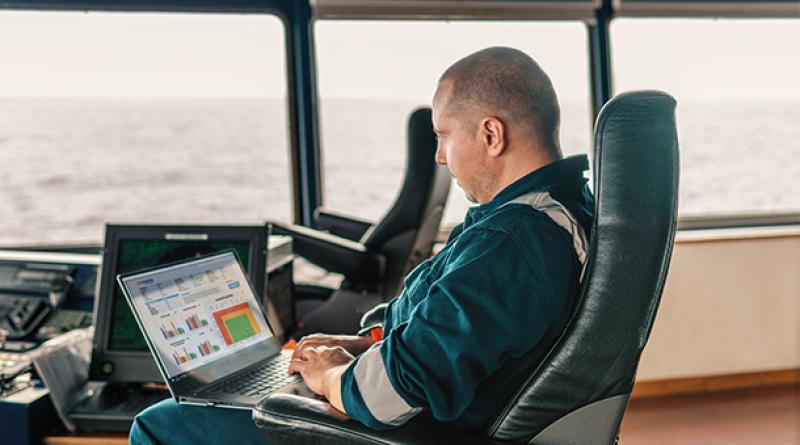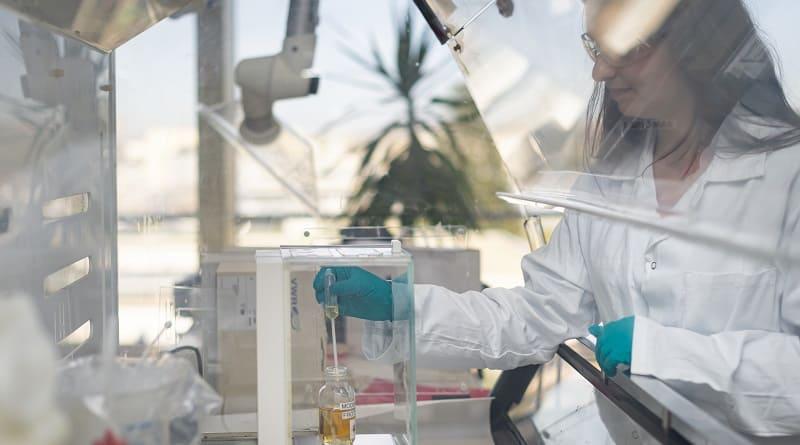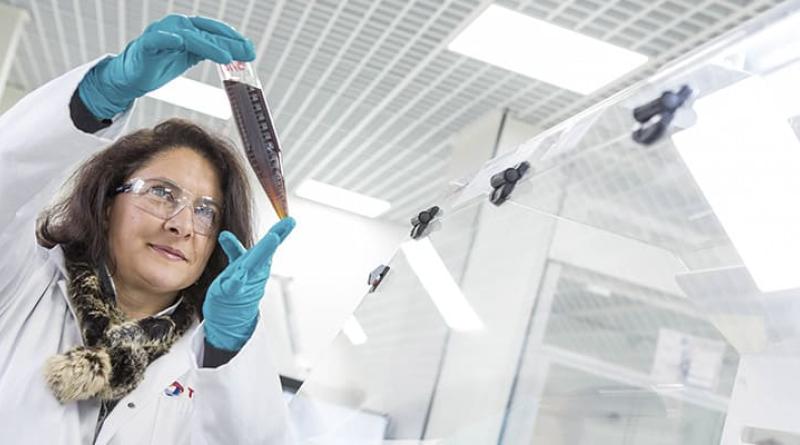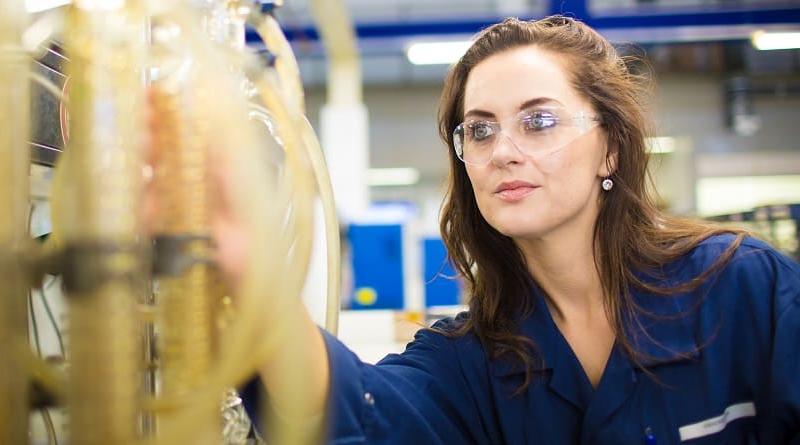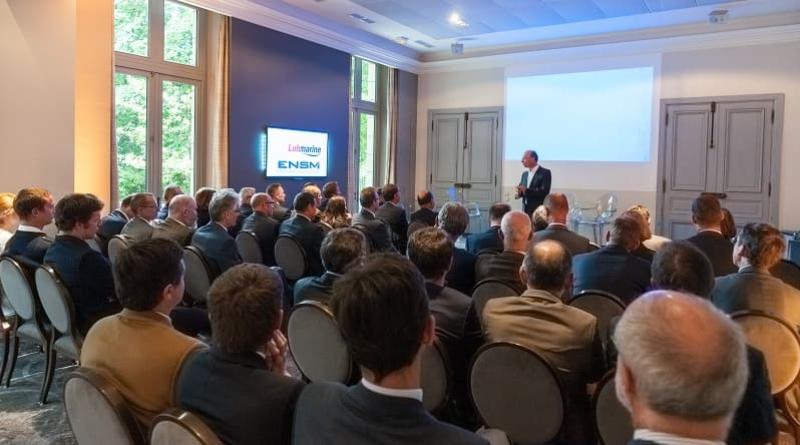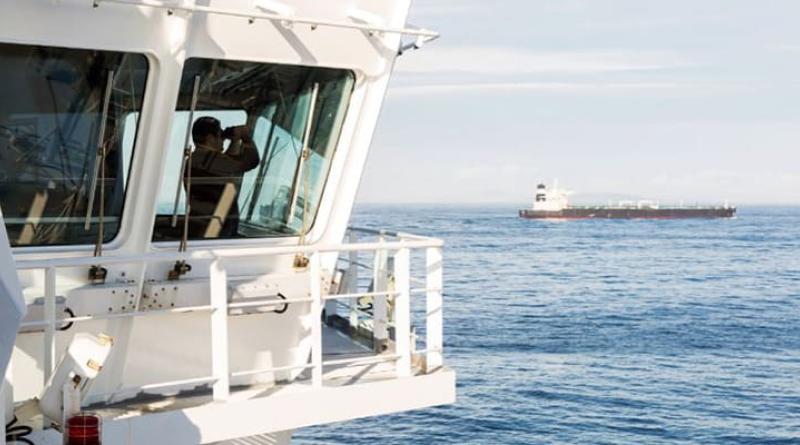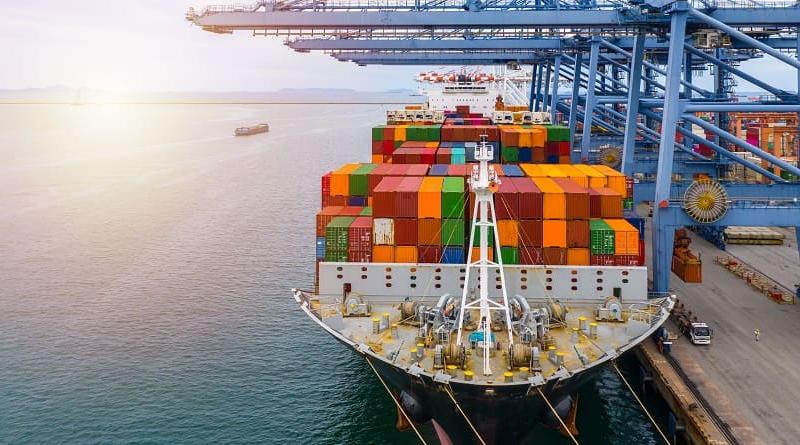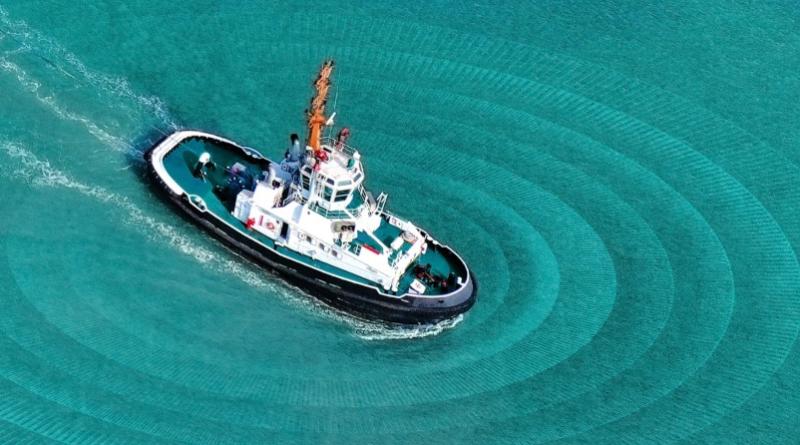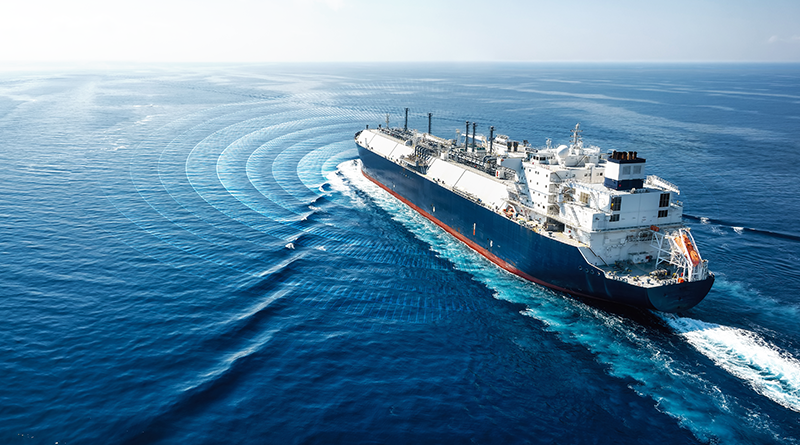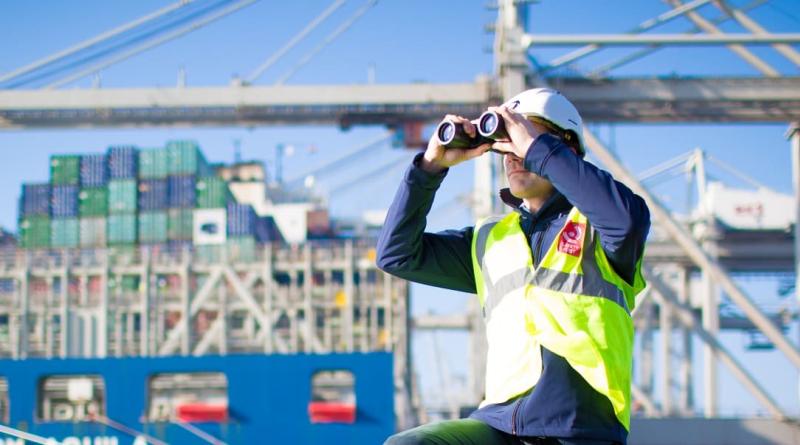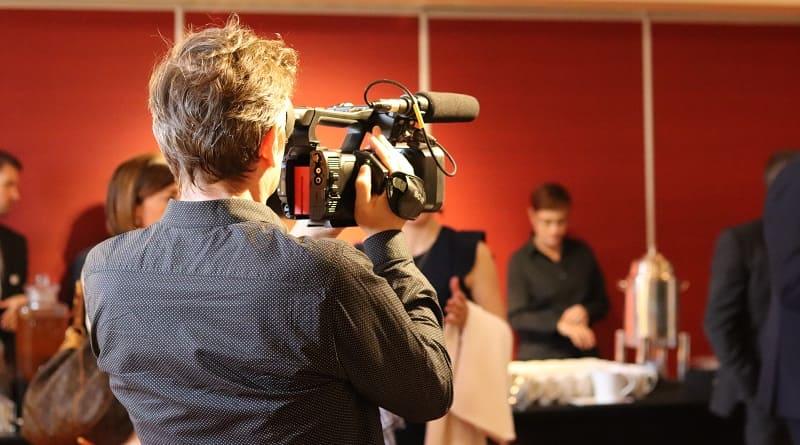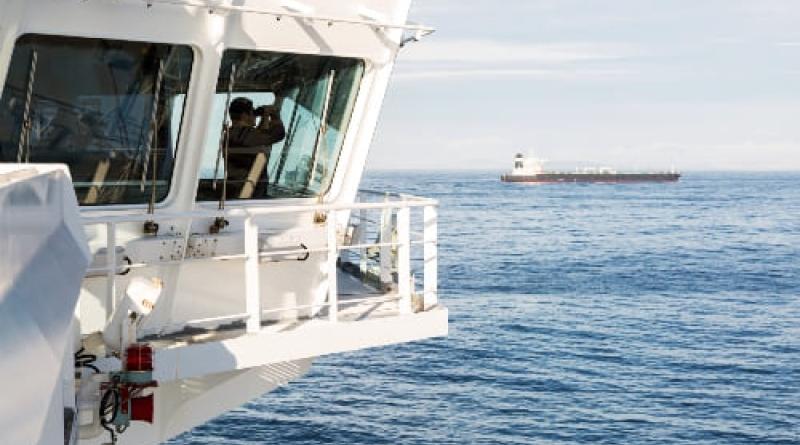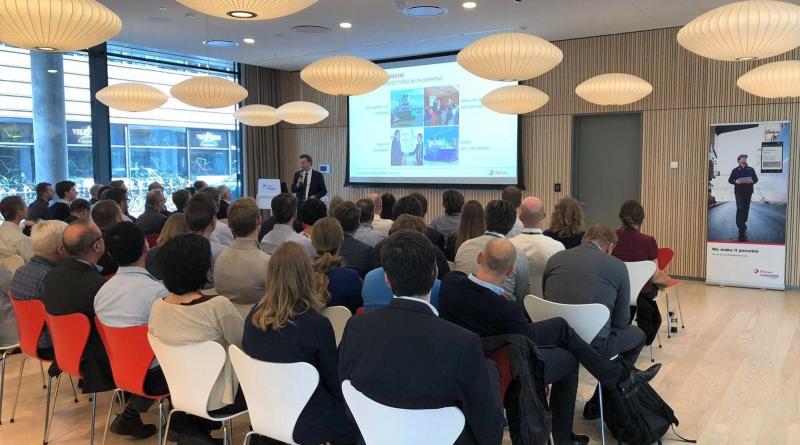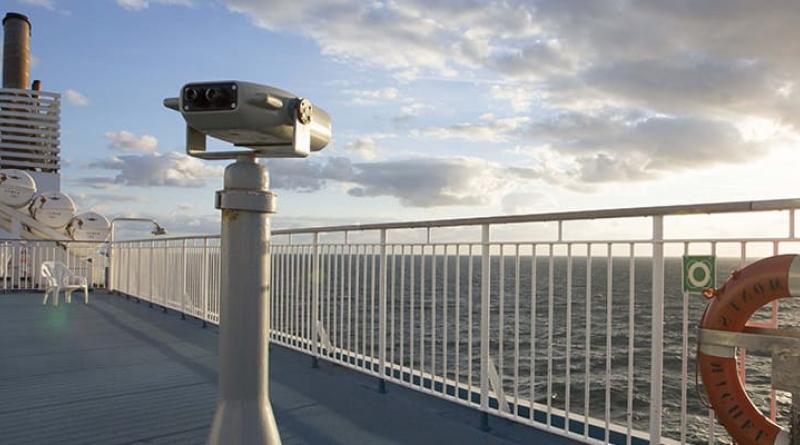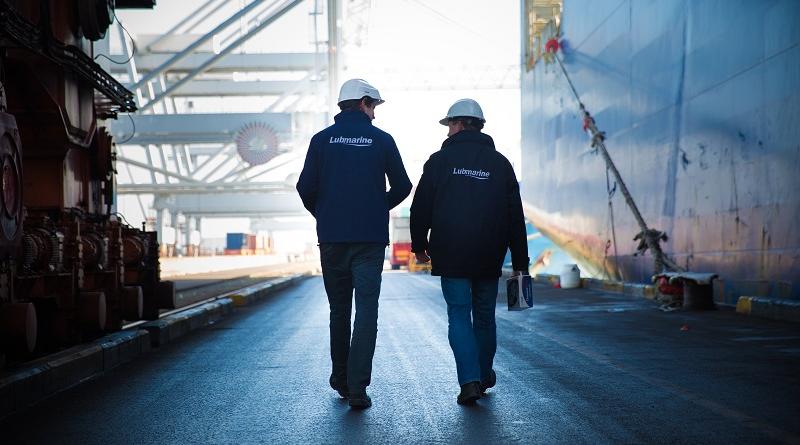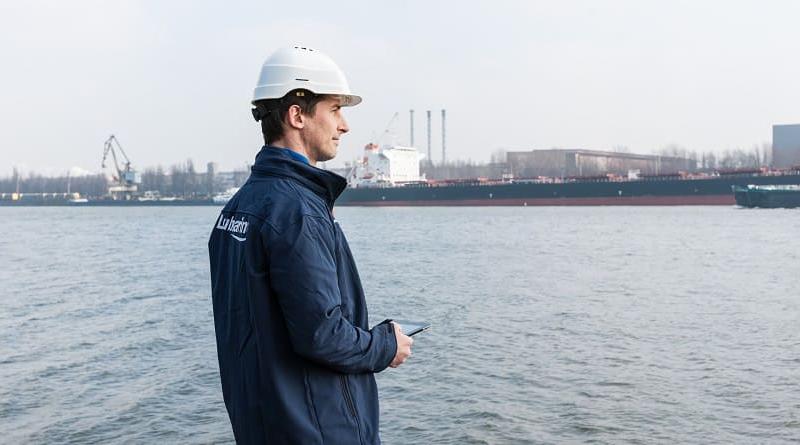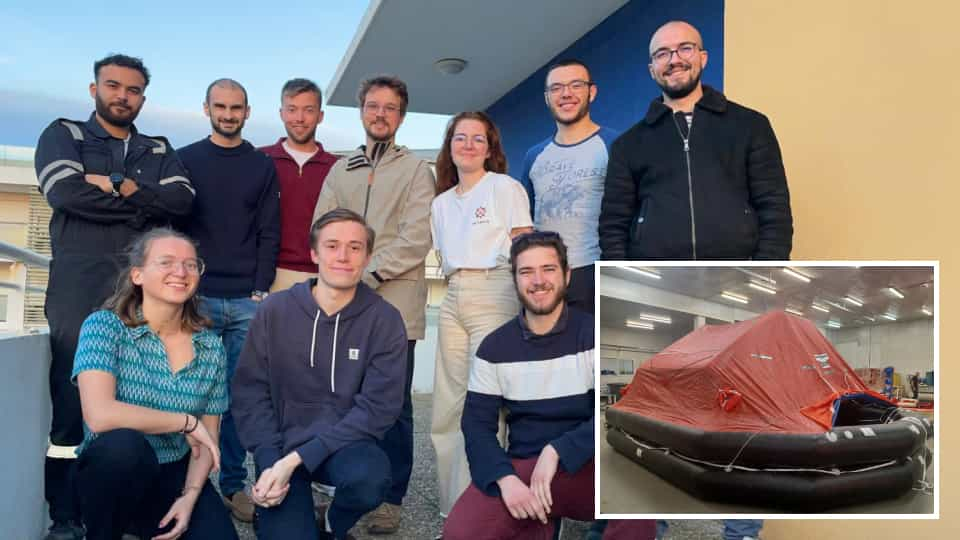
As part of its ongoing commitment to seafaring initiatives around the world, Lubmarine is supporting a unique initiative that will see 46 volunteers between the age of 20 and 70 set adrift on a life raft off the French coast, near Marseille, in an abandoned ship experiment. Weather permitting the experience will start tomorrow (April 16).
Under the scenario of the “survivors” having to evacuate a passenger ship, the experiment has been designed to help researchers better understand a range of factors impacting survivors including the psychological impact of stress, the group dynamics and the body’s reaction to living on survival rations.
It will also enable researchers to gain feedback directly from the volunteers on life raft itself and the range of equipment on it.
The volunteers – with and without seafaring experience – will live aboard the life raft, which is equipped with bladder repair kit, flashlight, anti-seasickness medication, sleeping bags, and first-aid kit. Survival rations for the duration of the experiment will include a half a litre of water per person per day and 10,000 kJ of food that volunteers are recommend not to consume during the first 24 hours.
For added reality, the “survivors” will not know how long they will be adrift at sea – only that it could last up to a maximum of five days.
This is the third survival at sea experiment that Lubmarine has supported Au Rad’Lô - a French association created in 2016 by the students of the French Merchant Maritime Academy (ENSM – Ecole Nationale Supérieure Maritime) – undertake and is the largest experiment of its kind by the association to date.
The impact of the experience will be measured in several ways including questionnaires and physical checks, before and after the experiment. The life raft is also equipped with cameras that researchers will study afterwards.
“The research carried out by Au Rad’Lô, in its previous survival at sea experiments has proven invaluable in helping to better understand the psychological and physical impacts of being abandoned at sea and we are very happy to be supporting this, it’s largest study to date,” said Lubmarine Brand Manager Cécile Joannin.
“This is as realistic an experiment as you could have with an unknown rescue time, authentic survival rations and a mixture of age groups made up of people with and without experience of being at sea, so it will be fascinating to see the results once the experiment had finished and the research findings are assessed,” added Cécile.
Once completed, the results will be shared with the French Ministry of the Sea as well as other stakeholders across the shipping industry.
Wishing all the best to the volunteers and organizers for a successful mission! Stay tuned to discover the outcomes…
